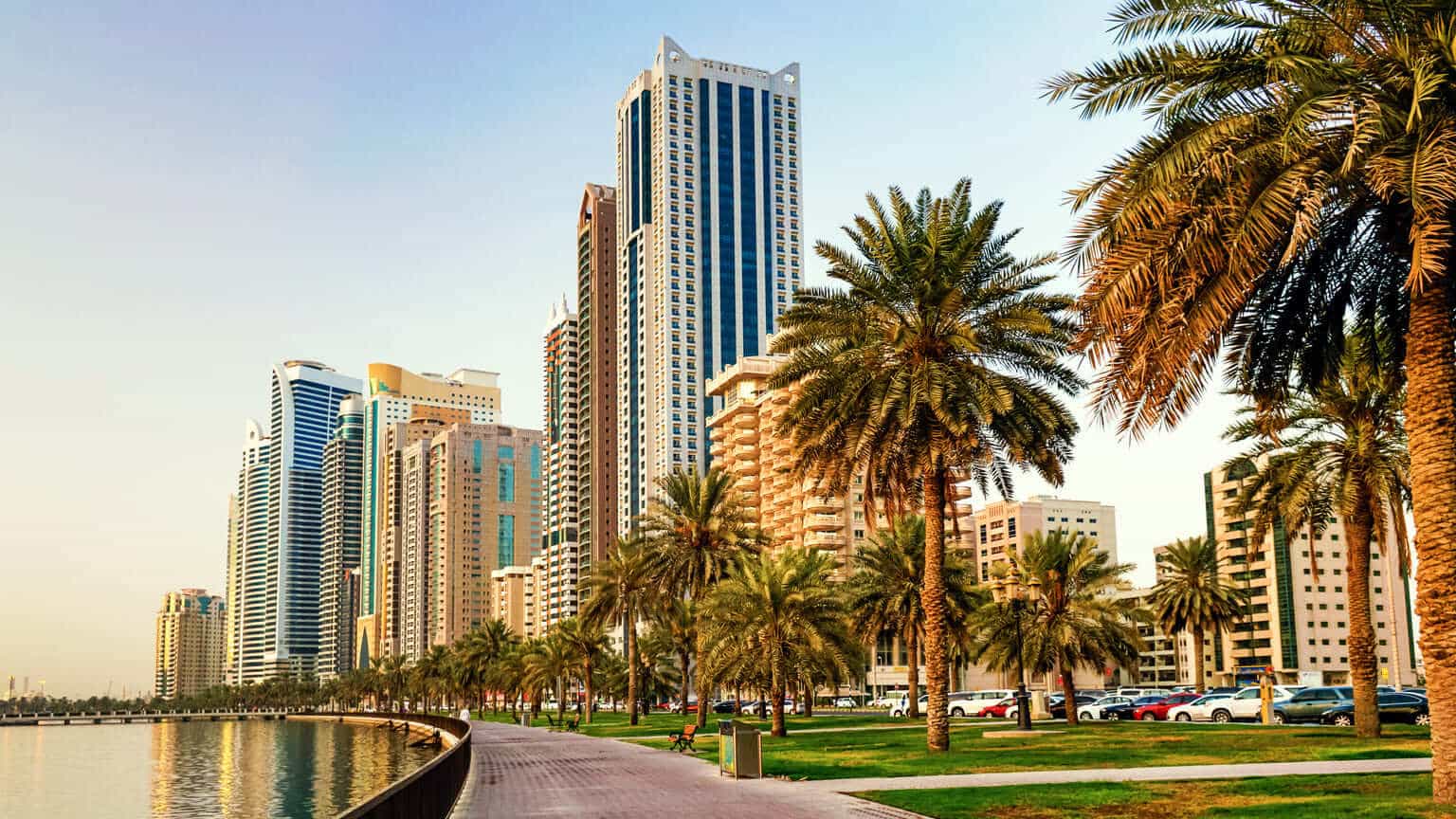The United Arab Emirates (UAE) is known for its attractive tax system. This system appeals to both individuals and businesses. In this article, we will explore the tax structure in the UAE. We will cover various types of taxes and how they impact you.
Overview of the UAE Tax System
The UAE has a unique tax system. It is designed to be business-friendly. The country does not impose personal income taxes. This means that employees do not pay income tax on their salaries. However, there are other taxes to consider.
Types Of Taxes In The Uae
- Value Added Tax (VAT)
- Corporate Tax
- Excise Tax
- Customs Duties
Value Added Tax (VAT)
The UAE introduced VAT on January 1, 2018. VAT is a consumption tax. It is applied to the purchase of goods and services. The standard VAT rate in the UAE is 5%. This rate is relatively low compared to other countries.
Some goods and services are exempt from VAT. These include healthcare, education, and certain financial services. Businesses with an annual turnover of more than AED 375,000 must register for VAT. They must also charge VAT on their sales.

Credit: www.instagram.com
Corporate Tax
Corporate tax applies to businesses operating in the UAE. However, not all businesses are subject to this tax. Currently, corporate tax is only imposed on oil companies and foreign banks. The tax rate for these businesses is 55%. Other businesses are not required to pay corporate tax.

Credit: www.expatustax.com
Excise Tax
Excise tax is a tax on specific goods. These goods are considered harmful to health or the environment. The UAE introduced excise tax in October 2017. It aims to reduce the consumption of unhealthy products. Excise tax rates vary depending on the product.
The following table shows the excise tax rates for different products:
| Product | Tax Rate |
|---|---|
| Tobacco Products | 100% |
| Energy Drinks | 100% |
| Carbonated Drinks | 50% |
| Sweetened Beverages | 50% |
Customs Duties
Customs duties are taxes on imported goods. These duties are applied to protect local industries. The standard customs duty rate in the UAE is 5%. However, some goods may have higher or lower rates.
Other Taxes in the UAE
Aside from the main taxes mentioned, there are other minor taxes. These include municipality fees and hotel taxes. These taxes are usually included in the price of services. For example, hotels charge a tourism fee to guests. This fee is added to the room rate.
How the Tax System Benefits Expats
The UAE tax system is very attractive to expats. There is no personal income tax. This means that expats can enjoy their full salary. The absence of income tax helps expats save more money. It also makes the UAE a popular destination for professionals.
Frequently Asked Questions
What Is The Income Tax Rate In Uae?
There is no personal income tax in the UAE.
Do Expats Pay Taxes In Uae?
Expats do not pay personal income tax in the UAE.
Are There Corporate Taxes In Uae?
Yes, corporate taxes apply to oil companies and foreign banks.
Is There Vat In Uae?
Yes, the UAE has a VAT rate of 5%.
Conclusion
Understanding the tax system in the UAE is important. The country offers a tax-friendly environment. There are no personal income taxes. However, there are other taxes like VAT and excise tax. Businesses should be aware of corporate tax and customs duties. Overall, the UAE remains a favorable place for individuals and companies alike.

Ahmed bin Rashid, a seasoned travel enthusiast and visa process expert and the successful Businessman in Dubai. With an LLB from the University of Bolton in 2015, he combines his legal knowledge with his passion for exploration, offering invaluable insights into Business formation and visa processes around the globe. Follow Ahmed’s captivating journeys and expert advice to embark on your unforgettable adventures & Business.

